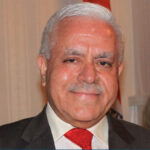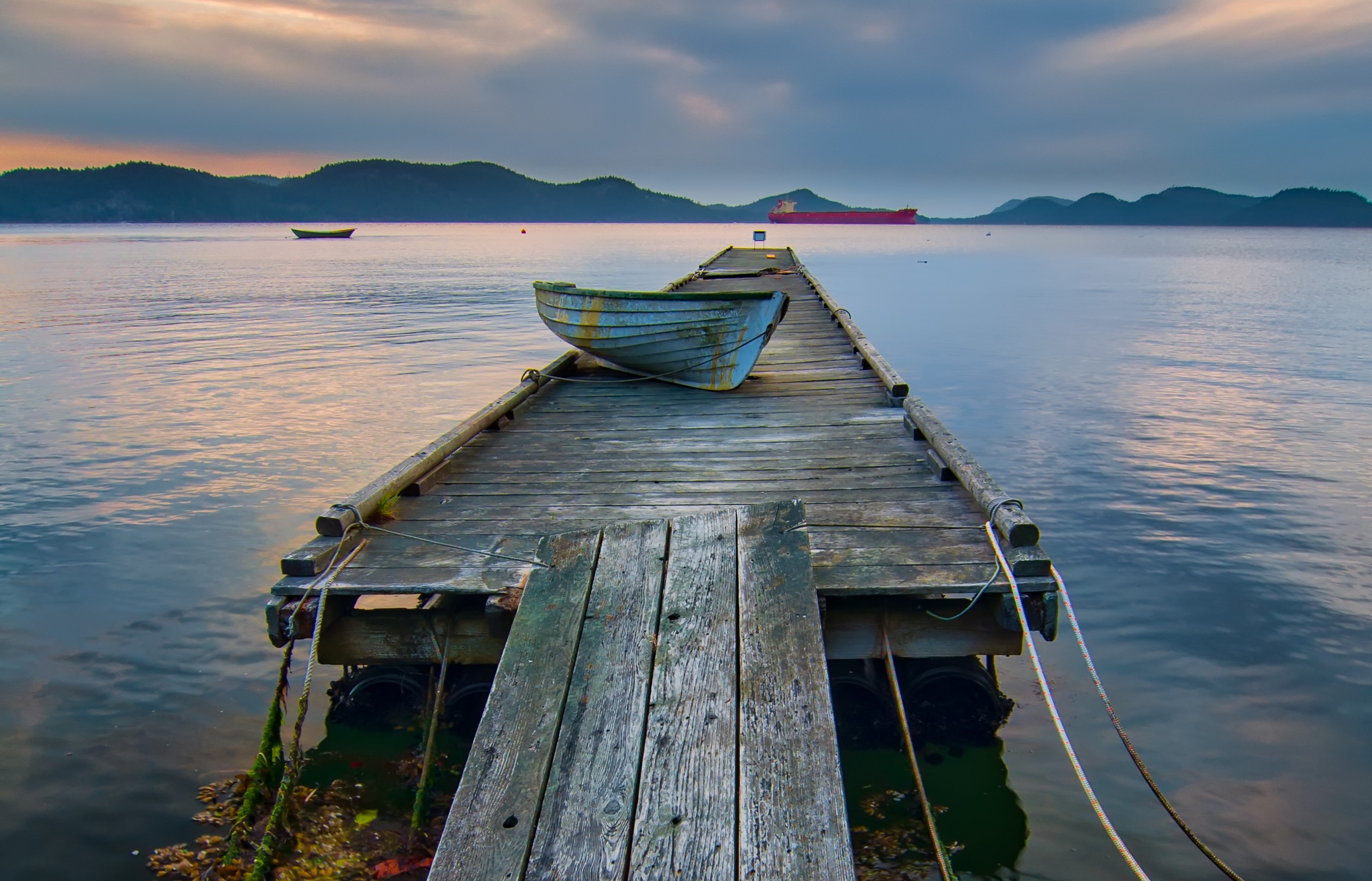SPECIAL ISSUE III
● INDIA CHAIRS THE SCO SUMMIT
Introduction
India Chaired the meeting of the Council of Heads of Government (CHG) (Prime Ministers) of the Shanghai Cooperation Organization (SCO) on a virtual platform on 30th November, 2020. This was the first Summit level interaction that was hosted by India since it became a full member of the Organization at the meeting of the Council of Heads of State in 2017 in Astana (now Nur-Sultan) in Kazakhstan. Prior to this meeting, India has hosted several ministerial meetings like of the Justice and Foreign Trade ministers recently as well as of senior officials of SCO over the last few years but this was the first time that India chaired one of the two highest bodies of the Organization.
In addition to the Council of Heads of Governments which assembles the Prime Ministers of all the countries, the other summit level Institution of SCO is the Council of Heads of State (CHS) which is attended by the Presidents of the six original member states of SCO viz China, Kazakhstan, Kyrgyzstan, Russia, Tajikistan and Uzbekistan and Prime Ministers of the two countries that joined the Organization later in the day in 2017 viz India and Pakistan.
Origin and Evolution of SCO
In the Presidential form of government prevalent in the Central Asian countries, China and Russia, the President is the supreme authority in the administration, personally dealing with political issues, foreign policy, security and defence while the Prime Minister is entrusted with the task of promoting economic, commercial, social and cultural development of the country. In the case of India, which is a parliamentary democracy, all the executive authority is vested in the position of the Prime Minister. It is hence the Prime Minster who has attended all the Council of Heads of State meetings that have been held thus far.
PM Modi attended the SCO Summit in Ufa, Bashkortostan, Russia in July, 2015 although India had not become a full-fledged member of the body, as Russia, which was the Chair of both SCO and BRICS that year, decided to hold both the meetings back to back with each other. Russia had done the same thing in 2009 by holding the SCO and BRICS summits together so that India, which is a member of BRICS and was then an Observer to the SCO, could attend both the Summits. The Summit in Ufa in fact turned out to be immensely useful as PM Modi and the-then Pakistan PM Nawaz Sharif who had also come to attend the SCO Summit in Pakistan’s capacity as an Observer, met on the sidelines of the Summit and decided to hold bilateral governmental discussions on the issue of terrorism. This unfortunately could not go forward as Nawaz Sharif could not get this decision implemented because of the backlash that he faced domestically on his return to Islamabad. PM Modi also met the Iranian President Hassan Rouhani on the sidelines of the Ufa Summit. This laid the groundwork for visit of PM Modi to Tehran in May, 2016 when the tripartite Agreement on renovation and expansion of Chabahar port was signed between the leaders of India, Iran and Afghanistan. PM Modi attended the CHS meetings in Tashkent, Uzbekistan in 2016; in Astana, Kazakhstan in 2017; in Qingdao, China in 2018; in Bishkek, Kyrgyzstan in 2019 and in the virtual format on account of the coronavirus pandemic under the leadership of Russia on 10th November, 2020.
India’s Participation in CHG Meetings
CHS leaders discuss and take decisions on issues relating to security, defense, military, foreign policy, international relations and geo-politics, and CHG members engage themselves with commercial, financial, cultural and social issues.
All meetings of the Council of the Heads of Government have thus far usually been attended by India’s External Affairs Minister. Such was the case when the former EAM Sushma Swaraj attended the CHG meetings in Sochi, Russia in 2017, and in Dushanbe, Tajikistan in 2018. Last year the meeting in Tashkent, Uzbekistan was attended by Raksha Mantri Rajnath Singh because of the rapidly expanding defence ties between India and Uzbekistan as also because a bilateral defence exercise Dustilik was scheduled to be held around the same time.
Since PM Modi had recently attended the CHS meeting organized by Russia on 10th November, 2020 and since he had a full-day domestic engagement in his constituency on that day, it would been have felt appropriate that Vice President M Venkaiah Naidu who figures above the Prime Minister in the Order of Precedence could Chair the CHG session.
Prime Ministers of China, Kazakhstan, Kyrgyzstan, Russia, Tajikistan and Uzbekistan, Federal Parliamentary Secretary for Foreign Affairs of Pakistan attended the meeting. Apart from the SCO Member States, the four Observer States of SCO including the First Vice-President of Afghanistan, the First Vice President of Iran, the Prime Minister of Belarus and the Deputy Prime Minister of Mongolia also participated. Turkmenistan was invited as a Special Guest of the Host by India and was represented by the Deputy Chairman of the Cabinet of Ministers. In addition, Secretary General of SCO, the Executive Director of SCO Regional Anti-Terrorist Structure, Chairman of the SCO Business Council, and Chairman of the SCO Interbank Association participated in the virtual CHG deliberations.
India’s Initiatives as Chairman of CHG
India had taken over the chair of the CHG in November last year on the completion of the term of Uzbekistan. Notwithstanding the fact that much of 2020 has been infructuous on account of the lockdowns in various countries and a virtual standstill in international travel, India was able to take several far-reaching initiatives and organize many important meetings over the period of its Chairmanship. India would of course have wished to host all the participants in person in India for the CHG as well as for other ministerial interactions but since that was not possible on account of the uncertain situation of coronavirus pandemic, it was decided to make full use of the virtual platform and advance regional cooperation among the SCO member states in economic, trade, social and cultural spheres.
During the course of its Chairmanship of the SCO CHG in 2020, India particularly focused on creating three new pillars of cooperation: Startups and Innovation, Science and Technology and Traditional Medicine. It also proposed many other concrete initiatives. India offered to create and Chair a new Special Working Group on Startups and Innovation and to set up a new Expert Working Group on Cooperation in Traditional Medicine.
India organized in the virtual format, the first-ever SCO Young Scientists Conclave(24-28 Nov) in which more than 200 young scientists participated. This is particularly relevant since the SCO region accounts for about 42% of the world population of 7.5 billion people out of which 800 million are young people. The first-ever Consortium of SCO Economic Think Tanks (20-21 Aug) and the first-ever SCO Startup Forum (27 Oct) were organized by India. In the B2B format, FICCI convened the first SCO Business Conclave (23 Nov) with special emphasis on Cooperation in MSMEs through the national chapters of the SCO Business Council.
Over this period. India also hosted the meeting of SCO Ministers responsible for External Economy and Foreign Trade on 28th October and the meeting of SCO Ministers for Justice on 16th October in the video-conference format.
On the cultural- humanitarian side, India implemented PM’s announcements made at the Bishkek Summit at the SCO Heads of State in 2019. This includes the hosting of the first-ever SCO Digital Exhibition on Shared Buddhist Heritage by the National Museum. This was inaugurated on 30 November. Also accomplished was the translation of 10 classics of Indian regional literature into Russian and Chinese languages. India also proposed to host the SCO Food Festival in 2021.
In his Opening Remarks VP Naidu, without naming Pakistan, spoke about the need for all countries to act together to defeat the scourge of terrorism, particularly cross-border terrorism. Again, without taking the name of our western neighbor, VP chastised countries which leverage terrorism as an instrument of state policy. He castigated those members who raise bilateral issues in SCO deliberations as this is against the rules and charter of SCO. PM Modi had also raised this issue at the SCO CHS meeting organized by Russia on 10th November, 2020. In this, he had received the support of Russia.
The Joint Communique adopted at the end of the Summit is a comprehensive, all-encompassing 66-para document straddling a diversity of issues including the 75th anniversary of the end of the Second World War and establishment of the United Nations; combatting Covid-19 pandemic; relevance and reform of the World Trade Organization; achieving the SDGs; relevance of BRI for participants except India; implementation of decisions taken in past CHS and CHG meetings; proposed initiatives by some members of the Organization, and future plan of action to strengthen trade, economic, social and cultural cooperation between SCO member states.
Conclusion
SCO is the only multilateral grouping in the region that has a focus on regional security and economic development. In the nineteen years of its existence the SCO has passed several security related declarations and launched laudable economic initiatives. Apart from summit meetings these issues have also been discussed in the various structures of the SCO. SCO is not a military alliance or as some believe it to be an ‘Eastern NATO ‘ in the making. The potential of SCO lies in its ability to put forth a positive discourse on issues of security and economic development. In its current format, SCO lacks coherence. Having been created at the initiative of China (as Shanghai Five) and supported by Russia in which the Central Asian Republics played a marginal role, the SCO is still grappling to emerge as a cohesive organization.
Nevertheless, the importance of SCO cannot be discounted because of the huge geopolitical space over which it is sprawled. It is the only regional grouping in the vast Eurasian region. For India, the importance of the Organization lies in the fact that it provides it with a platform to connect at various levels including at the highest political level with the Central Asian countries. These countries share a millennia old historical, cultural and civilizational connect with India. On account of lack of land connectivity of these countries with India, it has not been able to realize the full potential of the partnership. However, enhanced interaction at the highest political level with these countries as also at ministerial and senior official levels have imparted a fresh impetus to political, defence, economic and cultural interactions between India and Central Asian republics. The recent reactivation of the Afghanistan Contact Group is also immensely beneficial for India as India’s security and well-being is intrinsically connected with peace, stability and prosperity of Afghanistan.
By Chairing the 19th meeting of the SCO Council of Heads of Government on 30 November, India has strengthened greater trade, economic and cultural cooperation within SCO by putting human beings at the center of SCO activities. India’s initiatives will not only be helpful for SCO Member States in overcoming the economic challenges posed by the COVID-19 pandemic, but will also signal India’s continued commitment to strengthening the organization.























